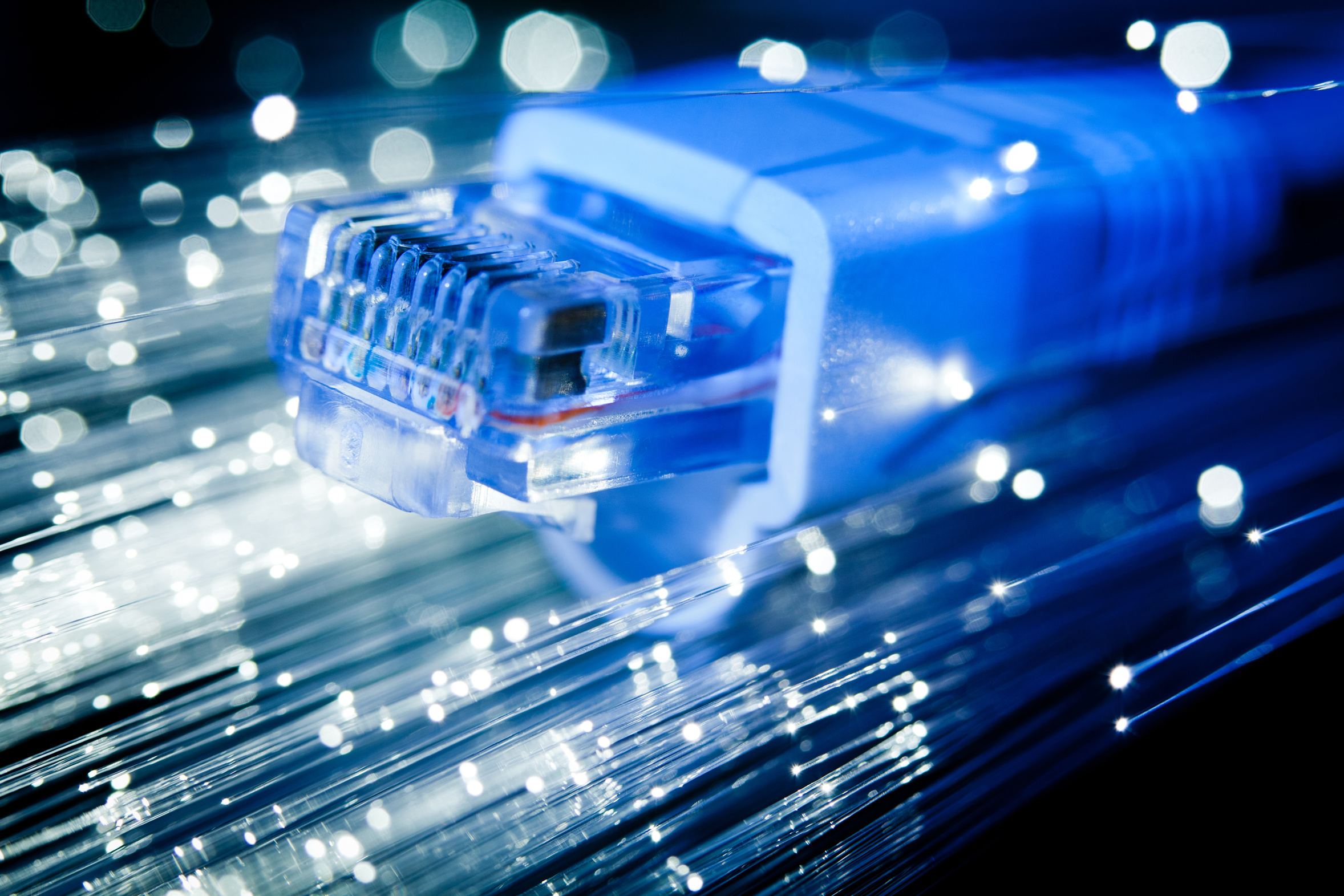Microsoft and Facebook’s Marea subsea cable is finally complete
The cable stretches more than 4,000 miles (6,600km) and weighs the same as 34 blue whales

The 4,000-mile long subsea cable connecting Spain to the east coast of the US is ready for business.
Called Marea, after the Spanish word for "tide", the subsea cable is a joint project between Microsoft, Facebook and Telxius. The trio began work on the cable in August last year and the speed of completion is said to be three times faster than typical subsea cable work.
Lying more than 17,000ft below the surface, Microsoft called Marea "the most technologically advanced subsea cable to cross the Atlantic Ocean". It's also the first cable to connect Virginia and Spain, landing in Virginia Beach and Bilbao.
It runs along a route just south of existing transatlantic cable systems and, because it's physically separate from the other cables in the area, the amount of traffic flowing through it is reduced, giving it the potential to be more reliable.
It also features what's known as an "open" design meaning it can upgraded in response to growing bandwidth use globally without too much extra work.
Marea subsea cable in numbers
The cable stretches more than 4,000 miles (6,600km) and weighs 10.25 million pounds (4.65million kg). Microsoft likens this to the weight of 34 blue whales.
Marea can transmit up to 160 terabits of data per second, which is 16 million times faster than the average home internet connection. To put this into perspective, this makes Marea capable of streaming 71 million HD videos simultaneously.
Get the ITPro daily newsletter
Sign up today and you will receive a free copy of our Future Focus 2025 report - the leading guidance on AI, cybersecurity and other IT challenges as per 700+ senior executives
"In a time when global economies are deepening their reliance on cloud technologies, and both private and public sectors are embracing the opportunities for growth and improvement through digital transformation, we're energized by the impact the Marea subsea cable will have on the advancement of cloud computing and digital services," said Microsoft's Suresh Kumar.
"And we look forward to furthering our respective investments in building high-tech infrastructure to better connect our world, foster economic growth and advance technological capabilities."
-
 Cleo attack victim list grows as Hertz confirms customer data stolen
Cleo attack victim list grows as Hertz confirms customer data stolenNews Hertz has confirmed it suffered a data breach as a result of the Cleo zero-day vulnerability in late 2024, with the car rental giant warning that customer data was stolen.
By Ross Kelly
-
 Lateral moves in tech: Why leaders should support employee mobility
Lateral moves in tech: Why leaders should support employee mobilityIn-depth Encouraging staff to switch roles can have long-term benefits for skills in the tech sector
By Keri Allan
-
 Meta to pay $725 million in Cambridge Analytica lawsuit settlement
Meta to pay $725 million in Cambridge Analytica lawsuit settlementNews The settlement closes the long-running lawsuit into how Facebook's owner, Meta, handled the Cambridge Analytica scandal
By Ross Kelly
-
 Meta's earnings are 'cause for concern' and 2023 looks even bleaker
Meta's earnings are 'cause for concern' and 2023 looks even bleakerAnalysis Calls for investor faith in metaverse tech only emphasise the worries that its investment strategy won't pay off
By Rory Bathgate
-
 Microsoft and Meta announce integration deal between Teams and Workplace
Microsoft and Meta announce integration deal between Teams and WorkplaceNews Features from both business collaboration platforms will be available to users without having to switch apps
By Connor Jones
-
 Facebook is shutting down its controversial facial recognition system
Facebook is shutting down its controversial facial recognition systemNews The move will see more than a billion facial templates removed from Facebook's records amid a push for more private applications of the technology
By Connor Jones
-
 'Changing name to Meat': Industry reacts to Facebook's Meta rebrand
'Changing name to Meat': Industry reacts to Facebook's Meta rebrandNews The rebrand attempts to provide a clearer distinction between Facebook and its umbrella company
By Connor Jones
-
 Facebook's Oversight Board demands more transparency
Facebook's Oversight Board demands more transparencyNews Board bashed the social media giant for its preferential treatment of certain high-profile accounts
By Danny Bradbury
-
 Facebook claims AI managed to reduce hate speech by 50%
Facebook claims AI managed to reduce hate speech by 50%News The social media platform has hit back at claims the tech it uses to fight hate speech is inadequate
By Sabina Weston
-
 Facebook to hire 10,000 workers across the EU
Facebook to hire 10,000 workers across the EUNews The high-skilled jobs drive is a “vote of confidence” in the European tech industry
By Jane McCallion